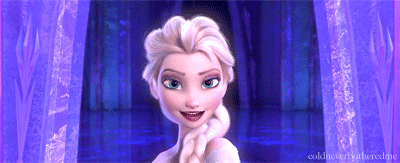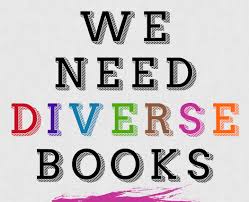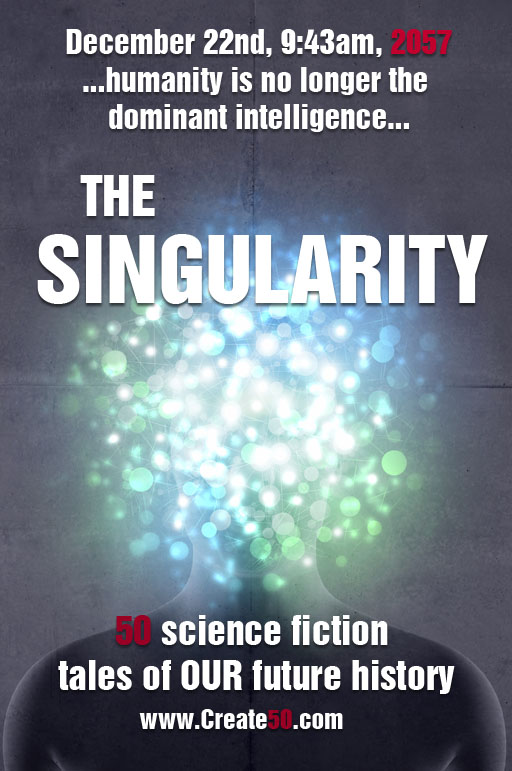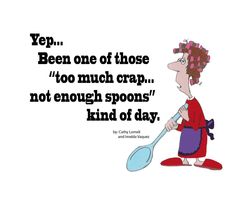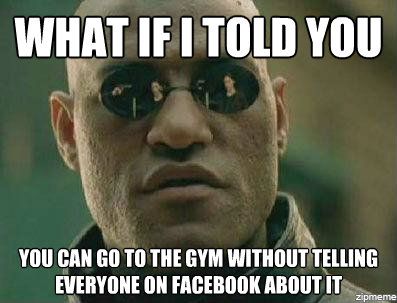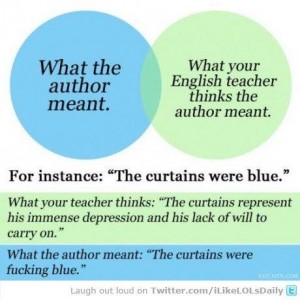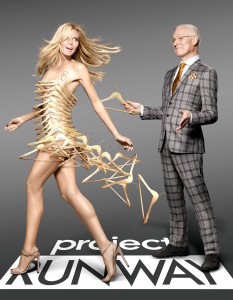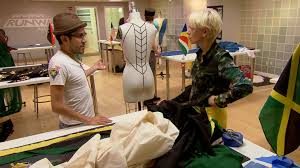
This is about my My Little Pony epiphany. I have sighed my way through a lot of bad entertainment consumption with the Executive Princess, much of it day-glo and glittery. I think the bottom of the barrel might be Barbie’s Life in the Dream House but it could also apply to the endless package openings on YouTube where that woman with the grating voice goes into orgasmic raptures in that sing-song way over every product that she’s paid to drool over.
If you do not know her, be grateful.
So I expected no less of MLP, which originally kicked off in the 80s with a film promoting a toy line (the horror of that 80s animation! If you have seen that travesty, you know of what I speak: believe me, anything that Madeline Kahn cannot rescue is irredeemable). Sure, I had heard of Bronies and other cutesy appropriations as every pony knows, but considering the unearned fanaticism that makes some folks fawn over that saccharine Speilbergian horror, Goonies, I didn’t pay much attention. I figured it was another ‘I love it because I grew up with it’ phenomenon (I grew up with war pictures and Westerns: I do not generally love either). I really didn’t think MLP would be any different from, say, those interminable Strawberry Shortcake episodes (scarring, I assure you).
I certainly never expected to fight off tears watching MLP’s Rainbow Rocks.
Somehow a bunch of things collided in my head last summer while I first got immersed in Ponyville. I was also reading some Megan Abbott (Fever and then later The End of Everything) and also noticing stories like the Slenderman stabbing. They stirred up a lot of the best and worst of girlhood. There’s a darkness in it that no one much likes to admit; it can be a very claustrophobic world.
Girls lives are circumscribed by society. Much as we like to think we are free and liberal (all current evidence to the contrary), the truth remains that girls lives are tightly bound. At the far end of the spectrum, they’re literally locked away until handed over to a husband or some other patriarchal organisation; at the more lenient end, they’re hemmed in by social constructions that breed fear into their very skin. They’re both disparaged and protected. They don’t have a choice. So what happens?
Girls expand to fill the spaces allowed them.
It may be very little, it may be a little bit more. But it’s almost always less: less than they want, less than they need, leaving a permanent curvature to their psyches like bound feet. In countless ways they are encouraged to be girly: ‘you look so pretty!’ ‘isn’t she adorable?’ ‘just like a little lady.’
Yet ‘girly’ is usually a slur. I know, I’m still dealing with that one, being a former tomboy now step-monster to a quintessentially girly girl. Do you know how much glitter there is in this house? Everything seems to sparkle. It makes me feel like Lou Grant sometimes, because this girl: she’s got spunk and there is not enough pink in the world for her. She has lots of princess dresses and I don’t know how many Elsa dolls. She’s better at applying makeup and not even six. It’s not my thing: and she sighs at my mostly black clothes. She paints my nails. There’s a part of me that finds rebellion in that. Because girly gets sneers. What’s more derided in pop culture than girls and their selfies? Could it be because selfies allow girls to choose how they’re represented?
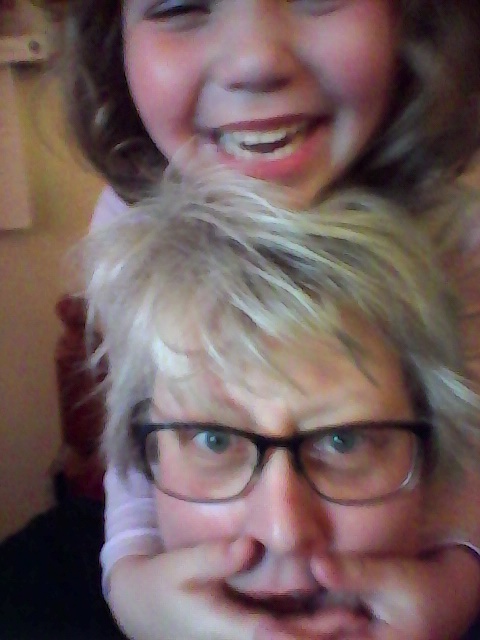
Because girls are never right: if they’re girly, they’re denying themselves—if they’re not girly, they’re denying everyone else (‘Can’t you wear a dress at least once in a while?’). I hear parents who claim they raise their boys and girls the same; I also hear them say things to the girls they would never say to the boys. That’s because I remember too well not being allowed to do things my brothers were allowed. Seldom said ‘because you’re a girl’ but I knew that was why.
Everything girly is tainted: pop stars, for example. Is there anyone more despised than the floppy-haired pop stars girls scream for? Cultural disdain for them is one of the few things seemingly everyone can get away with. Girls like those safe, sexless, moronic pop stars, you say. No, girls are allowed them. They channel all the passion that frightens their parents into cute and inoffensive stars. Look at all the audiences at Beatle concerts: the tears, the ecstatic expressions, the clenched fists and contorted bodies. Where else do girls get to show that? Read Abbott’s books: she’s great at revealing how girls’ desires terrify their parents — and often themselves.
One of the keys to surviving girlhood is friendship, but that’s problematic, too. Friendship when it’s manly is the stuff of Oscars and literary prizes: important. For girls it’s rivals and mean girls and frenemies, at least that’s what popular culture tells us. For girls friendship is both safety and danger. When Lauren Faust worked on MLP to demonstrate Friendship is Magic she delved into one of the most rich veins of human existence: the compressed world of girls’ power.
I’ll admit it: the MLP world is girly as girly can be: Twilight Sparkle, the solitary and bookish young royal, gets sent to Ponyville to understand the power of friendship. She hooks up with Flutter Shy, Pinkie Pie, Rainbow Dash, Apple Jack and Rarity to discover this strange thing just in time to deal with a real crisis—the return of Nightmare Moon! Okay, if you’re still with me, this is a lot more charming than the cutesy names indicate (which were chosen by marketers after all). The dialogue of the show is often clever and there’s loads of winking references and homages (especially in the music and the music is often really good).
The essence of MLP’s world is the elements of harmony: everyone is valued for their unique abilities. The 1984/Harrison Bergeron-esque episode ‘The Cutie Map’ makes this point well. The ponies go to the mysterious village and discover its chilling appropriation of the equality sign in an attempt to make everyone in the village the same. Blah blah blah libertarian blah: the more interesting aspect comes out when our heroines start bickering over how to deal with the situation. One of the villagers asks them with alarm if their friendship is ending. The ponies are surprised because they bicker all the time: they’re all so different after all. For the villagers, however, difference = danger.
The episode hits at the fear wrapped up in girls’ friendships: that tension between wanting to be safe and trusted versus the knowledge that they have power over someone and want to test it. Girls have power over so little. The nice thing about MLP is that they demonstrate all the ways that friendships can be stressed by these differences—the anger and the frustration—but they also show the rewards of bringing those differences together to celebrate their community. Not just each other: their community, their town Ponyville and all of Equestria. But it’s never easy.
You see, the thing I hadn’t anticipated was how dark MLP gets. One of the monsters they fight is a creature called Discord. His chief evil is turning all the friends against each other. Of course they need to come together to fight him and he’s vanquished by being turned into stone, yet the discord between the friends causes them a great deal of pain. Like Queen Chrysalis of the Changelings or Lord Tirek, antagonists are often removed or neutralized, but sometimes they’re brought back and rehabilitated. One of the foundational myths of Equestria is that Princess Luna is the restored Nightmare Moon. Even Discord’s magic is believed to have its uses. No one is doomed to being evil.

In the Equestria Girls narratives (where the ponies become girls in an alternate world no there’s no time to explain, just roll with it) this idea of reclaiming those who would abuse power is key. In the first EG film Sunset Shimmer tries to steal Equestrian magic for her own self-aggrandizement. The girls stop her selfish use of power with their collective cooperation, which Twilight Sparkle spends most of the story building because in this world, the friendships had soured. Despite the anger and hurt from misunderstandings, that cooperation is something they all yearn for—and its power. Power for yourself alone is bad. There’s nothing wrong with competition (ask Rainbow Dash!) but when you think the world revolves around you, the girls will stop you.
Even more interesting is the follow-up Equestria Girls adventure, my fave Rainbow Rocks. You know I’m a sucker for a battle of the bands. The songs are seriously good pop songs. Part of the appeal of the story is that Sunset Shimmer spends most of the story being cold-shouldered for her past mistakes, even when she tries to help make things better. Twilight Sparkle insists on her being part of the gang, but the others find it difficult to get over her previous bad behaviour. Her outsider status allows her to see the clashes that begin to crack up their tight relationships, though of course no one wants to listen to her.
As their rivals, the magically powered Dazzlings, gain power—all for the glory of Adagio Dazzle (‘We Will Be Adored’)—the girls bicker bitterly with each other, trapped below the stage for the finale. Escaping by luck, they almost succeed in the supernatural fight, but the Dazzlings are too powerful what with their magic amulets. It’s only when the Equestria Girls realise they need to truly welcome Sunset Shimmer—not just tolerate her presence—that they have the power to stand up to the magical assault from the Dazzlings (also thanks to DJ Pon-3’s cool mobile DJ station–the unsung heroine!).
It may not sound like much, but it chokes me up every time. There’s just something about the exile being welcomed at last, the outsider invited in. Maybe all the scorned hope for understanding. We may only get it in fiction, yet it’s incredibly powerful.
I’m lucky: I have a secret cabal of powerful, creative, magical women in my corner (though literally around the world). It didn’t happen over night and there are always some bumps along the road. I know how important it is to tend that garden (she says mixing metaphors like assorted nuts). It’s essential to have that kind of support. We need to be there to call bullshit on those negative messages women all hear just because we’re female. There’s an incredible power in testifying, ‘No, it’s not just you’—that many of us have been in the same situation–especially when all the other voices of experience avalanche like candy from a piñata.
I’m hoping the that uphill battle is changing. While it’s a bit hard to believe as we inhale the last poisonous gasp of truly toxic misogyny, I’m hanging on for tomorrow. Largely because there’s this Executive Princess here. I want to see what she’s becoming. I’ve got a feeling it will be something amazing. When the generation of girls who bellow along with ‘Let It Go!’ come to power, we all better hang on to our hats.
I don’t care / what they’re going to say / let the storm rage on / the cold never bothered me anyway. [door slam]
